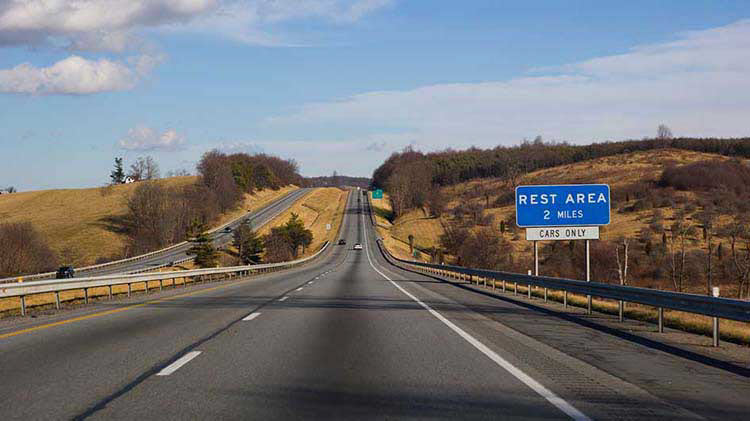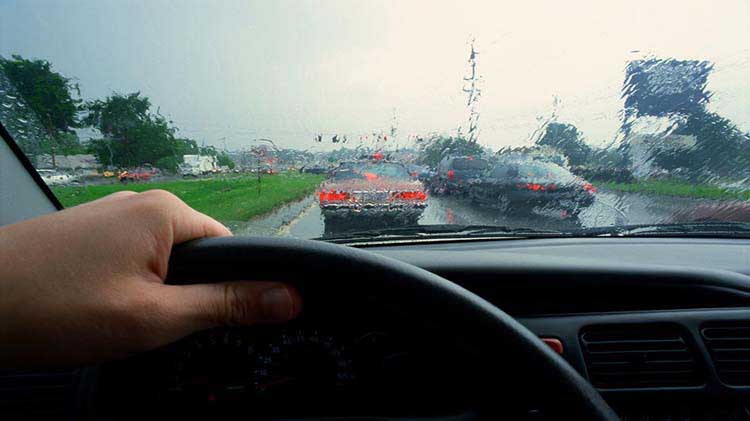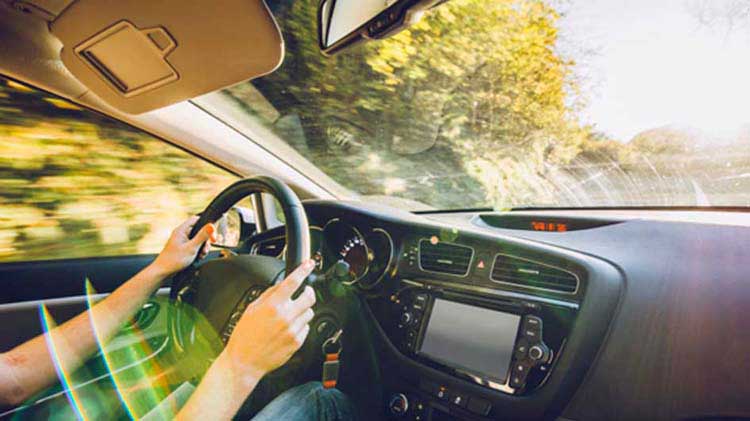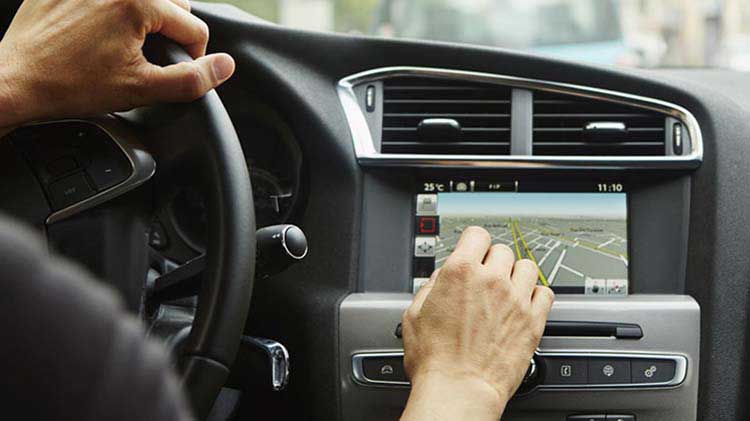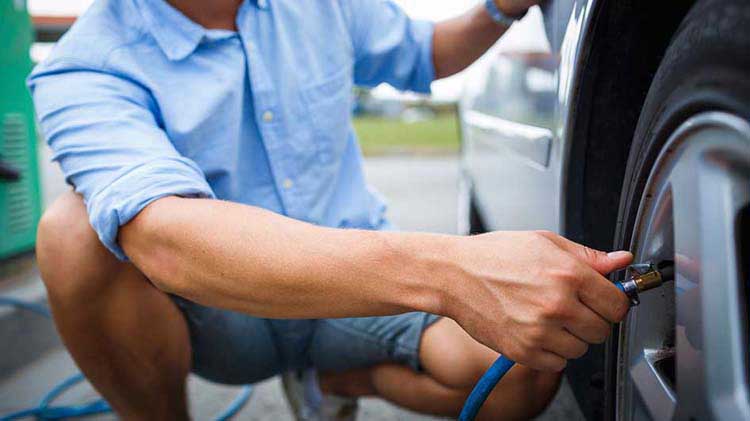Rest area safety tips
Rest areas may be convenient places to take a break. Consider these rest stop safety tips for when you pull over.
There can be many reasons to pull over when traveling via highways, especially on a long journey. You might get tired and feel unable to keep driving, you could run into bad weather that puts a damper on your trip or you may need a quick break.
Whatever the case may be, highway rest stops can be convenient spots for travelers to use the restroom, stretch their legs and enjoy a snack. However, rest areas are often in unfamiliar or remote locations, so it's important to be cautious when stopping.
Be alert and aware of your surroundings
Only stop at a well-lit location. When you arrive, put your vehicle in park and immediately verify that you have cell phone coverage at that rest area. If you don't, consider continuing to the next stop. Take note of the name of the stop and your exact location in case you need to alert authorities in an emergency. Avoid parking between tall or large trucks as this can leave your vehicle in a position to be blocked in. Try to keep away from thick trees, blind corners or other places where someone could sneak up on you.
Protect your property
Take your cell phone with you wherever you go but consider leaving your other belongings — such as your cash, wallet, purse and electronics — hidden in your locked vehicle. Carrying these items could make you more of a potential target for thieves.
Travel with a partner
Walk with someone to the bathroom, vending machines and other areas. If you must travel alone, try to avoid a rest stop at night. When it’s dark outside, consider taking a break in a well-lit area such as a gas station or restaurant instead.
Can you sleep at rest areas?
Overnight parking rules will vary by state — some states don’t allow overnight parking, and many have maximum limits on how long you can stay. Contact the state’s Department of Transportation (DOT) office to confirm. Also, sleeping at rest areas might make you vulnerable to attackers. Instead of sleeping in your car, consider spending the night at a hotel or campground.
Plan ahead
Before your trip, research the rest areas on your route to help plan your places to stop. Look for proper rest areas, hotels or campgrounds as opposed to stopping on highway shoulders, especially when you need something overnight. If there are no appealing options, plan stops in different cities or towns you'll pass through.
Lost items
If you have lost or left behind items at a stop, you can contact the appropriate DOT office that maintains the rest area.
Making a cross-country trip? Before you hit the road, consider checking out some of our other tips on night driving, putting together a car emergency kit and what to do when sharing the road with trucks or farm vehicles.
